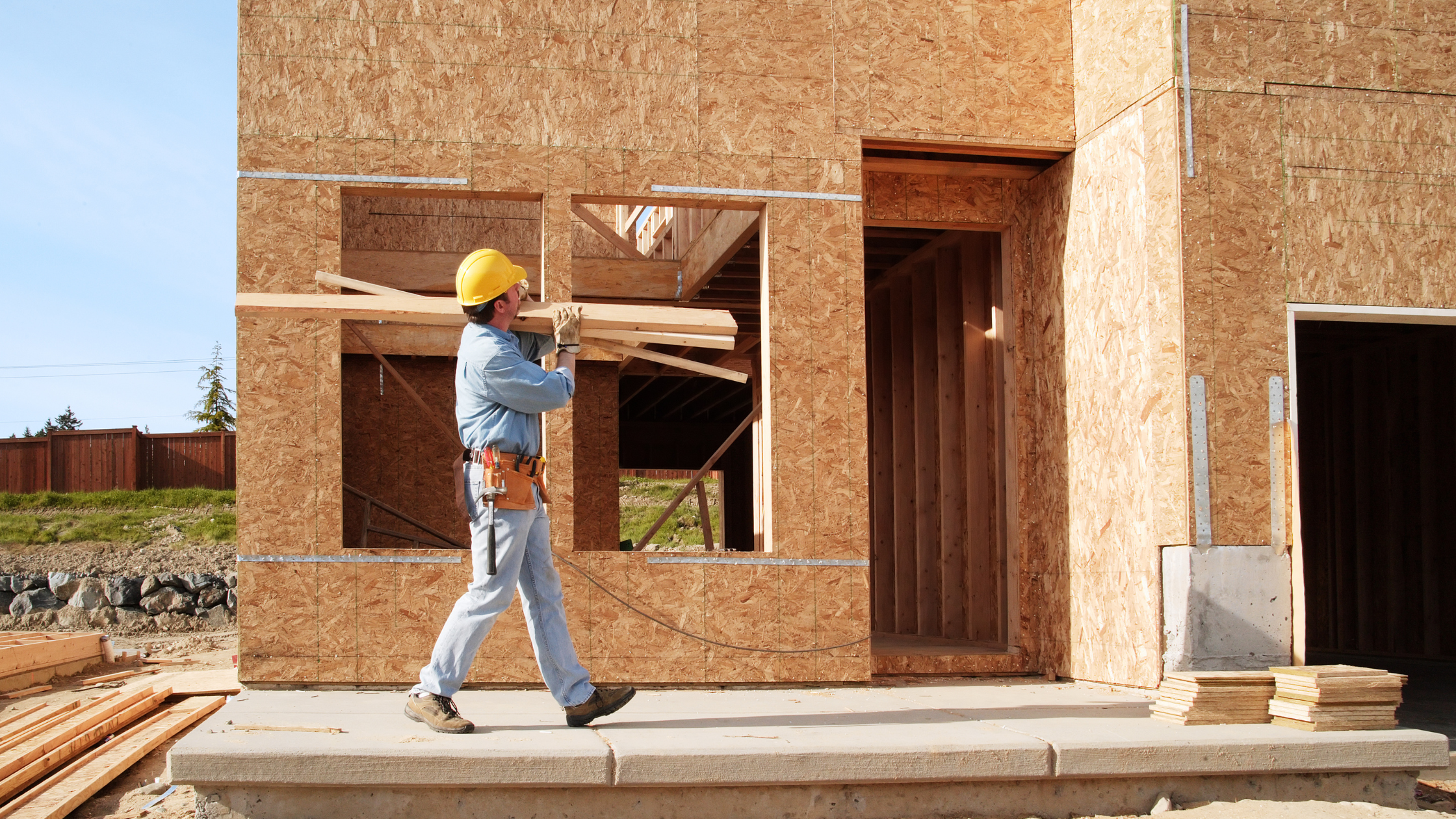How much does it cost to build a house?
In light of the housing shortage that is persisting into 2024, many would-be buyers of existing homes are turning to new construction home building as a solution. This prompts the question:
“How much does it cost to build a house in 2024?”
This article will this main question and get into the various factors that influence the cost of building a new home, while touching upon some ways to save buyers money on this large investment.
The average cost of a new construction home in 2024
According to Forbes, the average cost to build a house in the United States in 2024 is $329,000. This price does not include the plot of land that house stands on. There are various factors that play into this cost, including the size of the house, building materials available, cost of labor, the home’s market, and the builder that hired to build the home.
Also, although $329,000 is the national average price of a new house, its true cost of building can be as low as $42,000 and be as high as $900,000 and beyond if you get all the bells and whistles or build in an expensive market.
What factors go into building a home, and how can you get a fixed quote for your house before committing to building? Are there any discounts homebuyers can get when they work with new home construction as well?
Factors That Influence New Construction House Costs
When you work with a new home builder to create your dream home, there are several factors that can influence the final price. These all add up to the cost range.
- The local housing market
- The size of the home
- Material costs
- Labor costs
- How much you customize
- Number of upgrades
- Compliance costs and fees
- Infrastructure and utilities
- Builder profit margin
1. The Local Housing Market
Your future home’s location is one of the strongest factors that influence your he neighborhood, proximity to amenities, and demand for housing in the area can significantly impact the price. Location affects the cost of land and the average cost of a single-family home.
The national average only tells a part of the story, as some housing markets can be drastically cheaper than others. For example, West Virginia homes cost less than homes in New York, Hawaii, or California.
2. The Size of The Home
Your home’s square footage and layout greatly influence its cost. For example, a 2,500 square foot house is going to cost a lot more than a 1,000 square foot home.
The number of bedrooms and bathrooms, as well as the layout and design features, all affect the cost too. To save money, pick a house plan that is modest, which will save on home building costs.
3. Material Costs
As a future homeowner, you want your dream home to be perfect. However, be aware that the quality of materials used for construction, as well as the finishes and upgrades chosen by the buyer, can influence the price.
In addition, supply and demand for materials and broader economic factors can affect pricing. Roofing, countertops, drywall, interior finishes, exterior finishes, and more can all have different prices depending on its value and demand, contributing to the home’s final sales price.
4. Labor Costs
To construct your future home, your builder will use subcontractors, general contractors, and other skilled laborers. The cost of this labor will go toward the home’s construction costs.
Installation costs are also part of labor, which adds up during the home building process. When you hire specialists like electricians, the price will be higher compared to a general contractor, but specialists are necessary in many stages of construction.
4. How Much You Customize
The type of home you get affects the cost. If you choose a standard floor plan, there is less customization. If you get a custom home, especially one with high-end features, the higher the price will be. The degree of customization or personalization allowed by the builder will impact the final price of the home.
5. The Number of Upgrades
The number of upgrades and extras you get add up to the home’s price range. Optional upgrades such as premium appliances, landscaping, granite countertops, and smart home technology can add to the overall cost.
- Pro Tip: You can save money on upgrades if you’re handy and can DIY some projects after you move into your own home.
6. Compliance Costs and Fees
Another factor that goes into the total cost of a new construction home are fees associated with regulations that builders are obligated to abide by. This includes building permits, codes, zoning regulations, and environmental standards that may add up costs to the construction process.
7. Infrastructure and Utilities
The home’s major systems all add up. Plumbing fixtures, its HVAC system, and costs associated with providing infrastructure such as roads, utilities, and landscaping for a new development can influence your new home’s price.
8. Builder Profit Margin
Builders are in the business to make a profit, so you must also factor in their profit margin when pricing new construction homes. This upcharge can vary depending on the market and individual builder strategies.
How much does it cost to build a house in 2024?
In 2024, the average cost to build a home is around $329,000, but this price range can vary depending on the local market, the type of home you want, and other factors. To find your dream new construction home, it’s best to work with a specialist in the business, like Marketplace Homes. We have specialized in new construction homes for over 20 years and are the leading new construction brokerage in the country.


